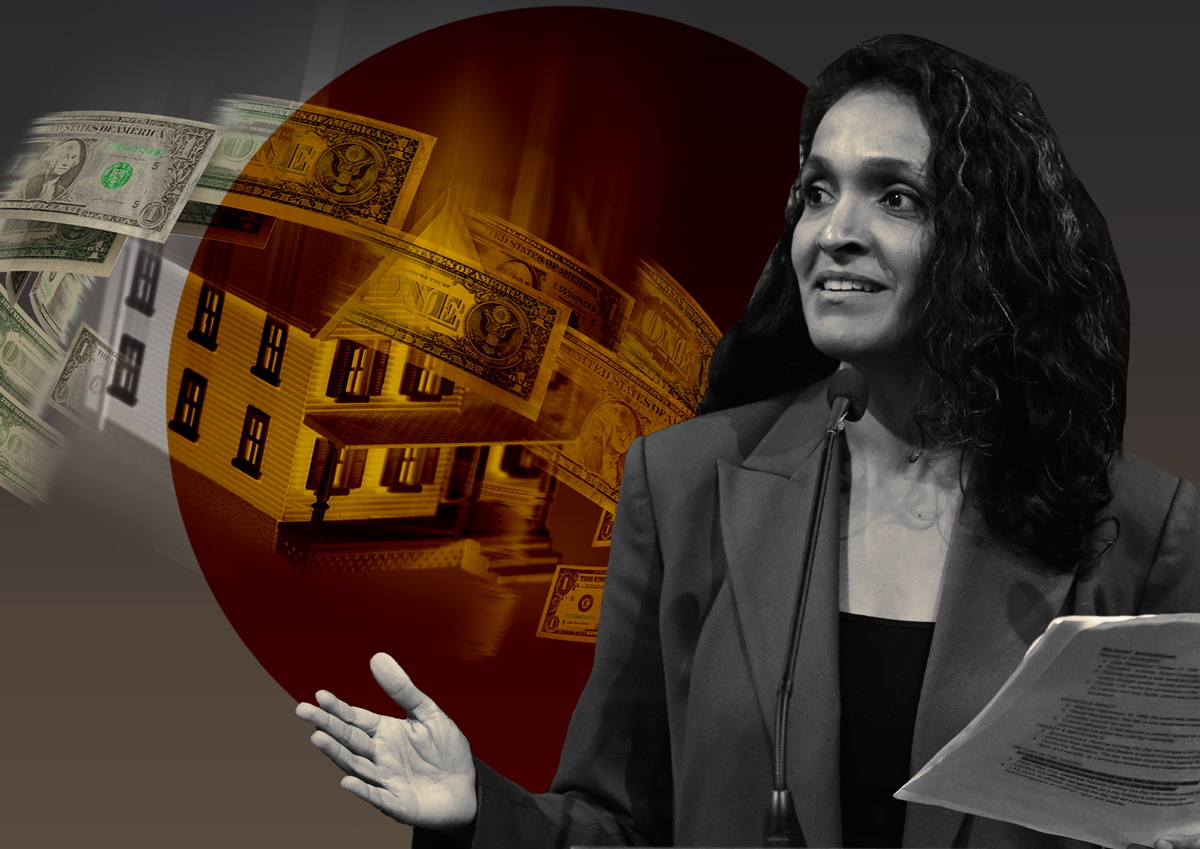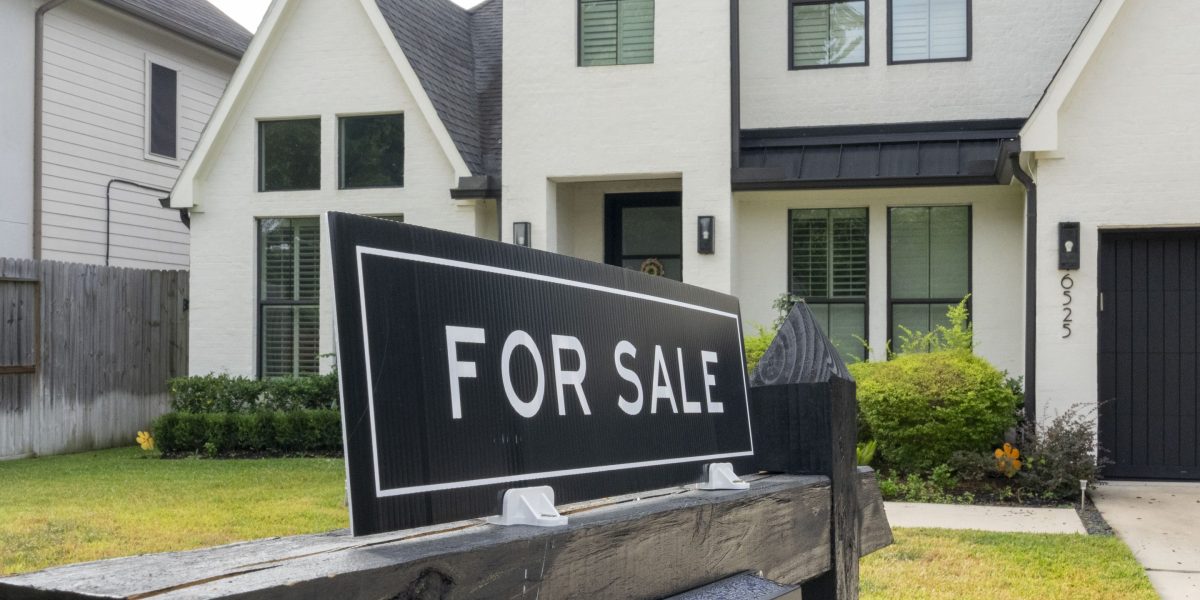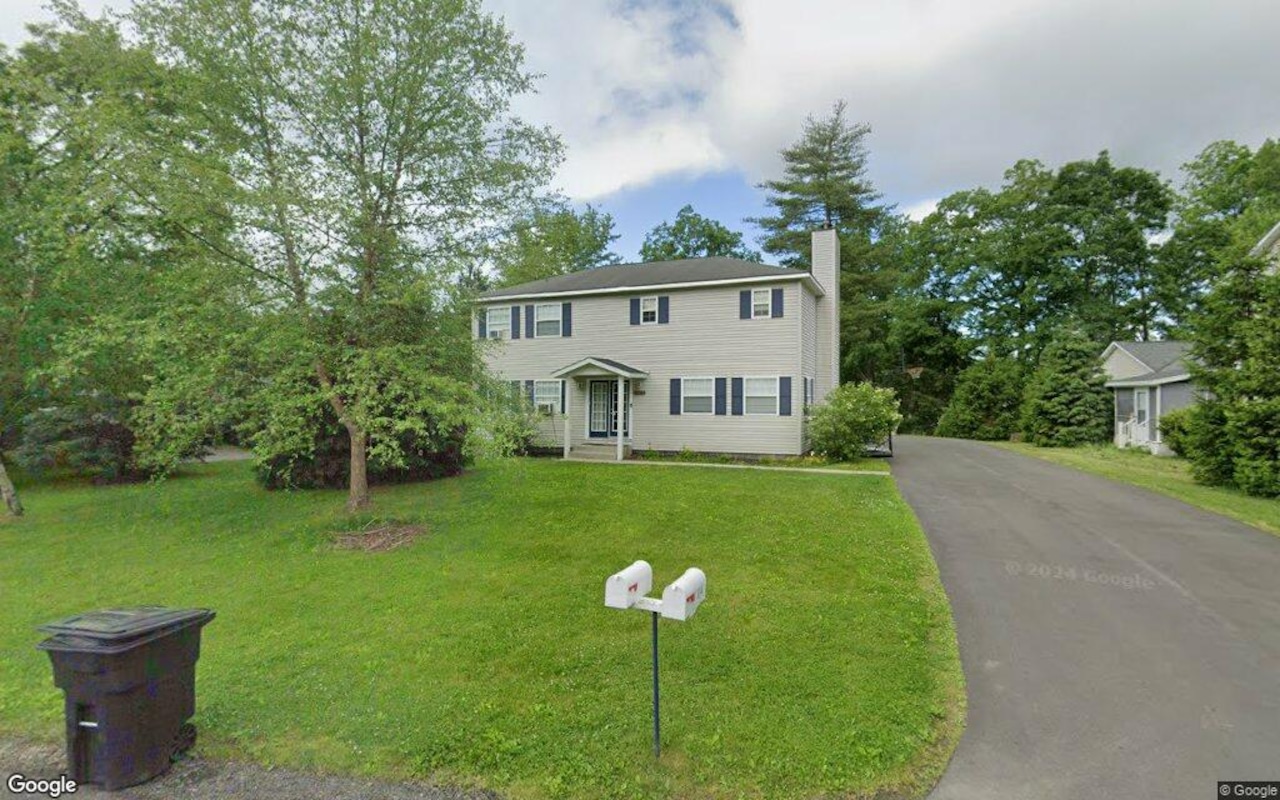L
os Angeles voters may not be familiar with the concept of "social housing," but they should be, given the city's consideration of a plan to allocate a significant portion of its Measure ULA mansion tax revenue towards funding programs that enable tenants to collectively buy and manage apartment buildings. The voter-approved Measure ULA real estate transfer tax, which charges a 4% fee on sales above $5.1 million and a 5.5% fee on sales above $10.3 million, was meant to generate up to $1.1 billion annually for affordable housing and homelessness prevention initiatives. However, it has only raised $375 million so far.
The city is now considering a plan to spend $160 million of the tax revenue, with $100 million allocated towards "social housing" programs that allow renters to collectively buy and operate multifamily properties together. This approach could provide low- and middle-income individuals with a sense of control and autonomy over their living situations, as they would be able to decide on rent levels, repairs, and other aspects of property management.
Advocates argue that social housing is a transformative way to address the city's affordable housing crisis, where it can be difficult for people who are not wealthy to buy or own homes. The plan must still be approved by the City Council, but progressive members have already introduced a motion to connect social housing to the ULA funding.
If approved, the spending plan would also allocate millions of dollars towards programs aimed at preventing homelessness, providing interest-free loans for first-time homebuyers, and protecting tenants from harassment. However, opponents of Measure ULA, including landlords and taxpayer groups, have continued to challenge the tax in state and federal court, casting doubt on its ultimate fate.













